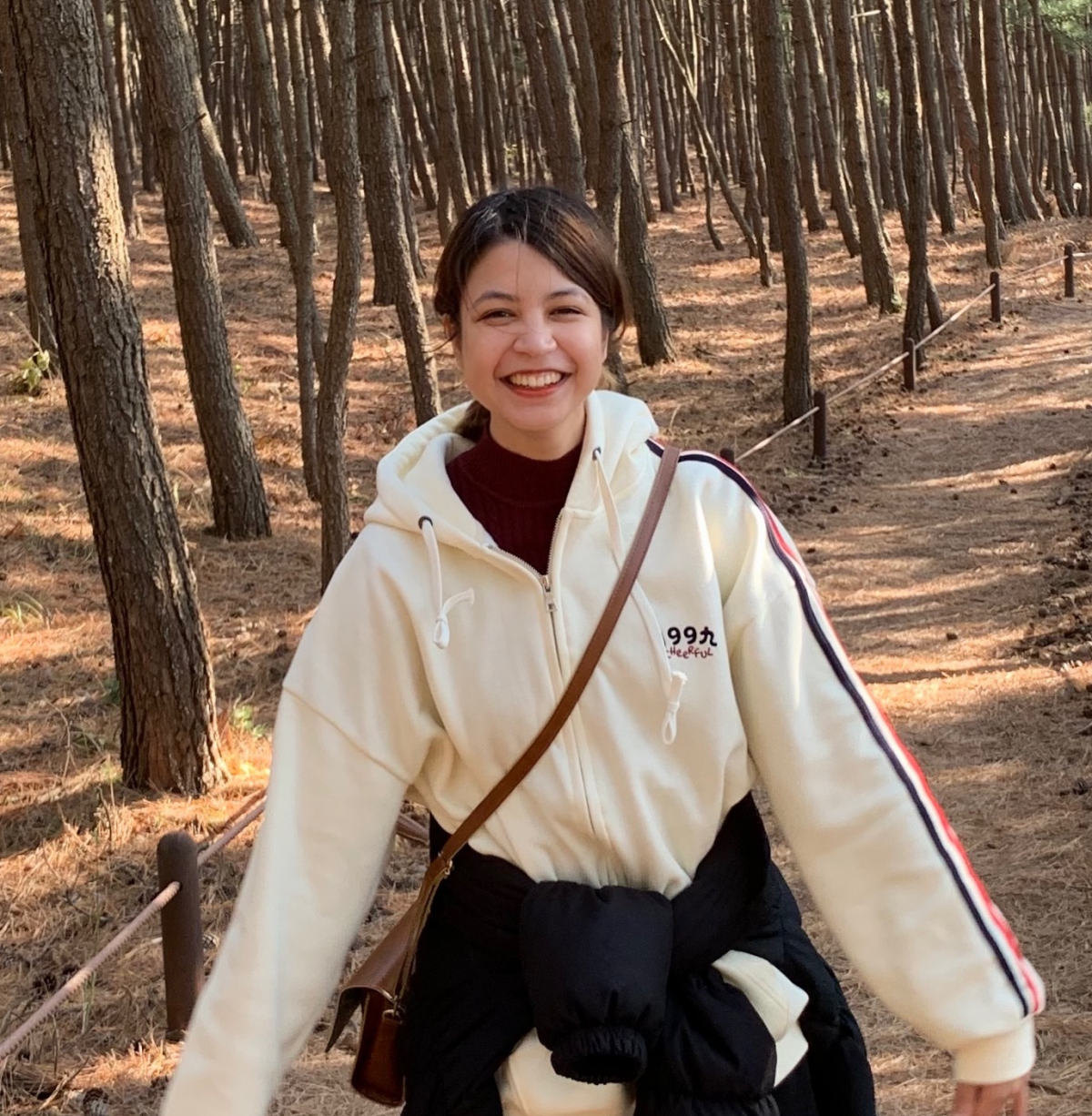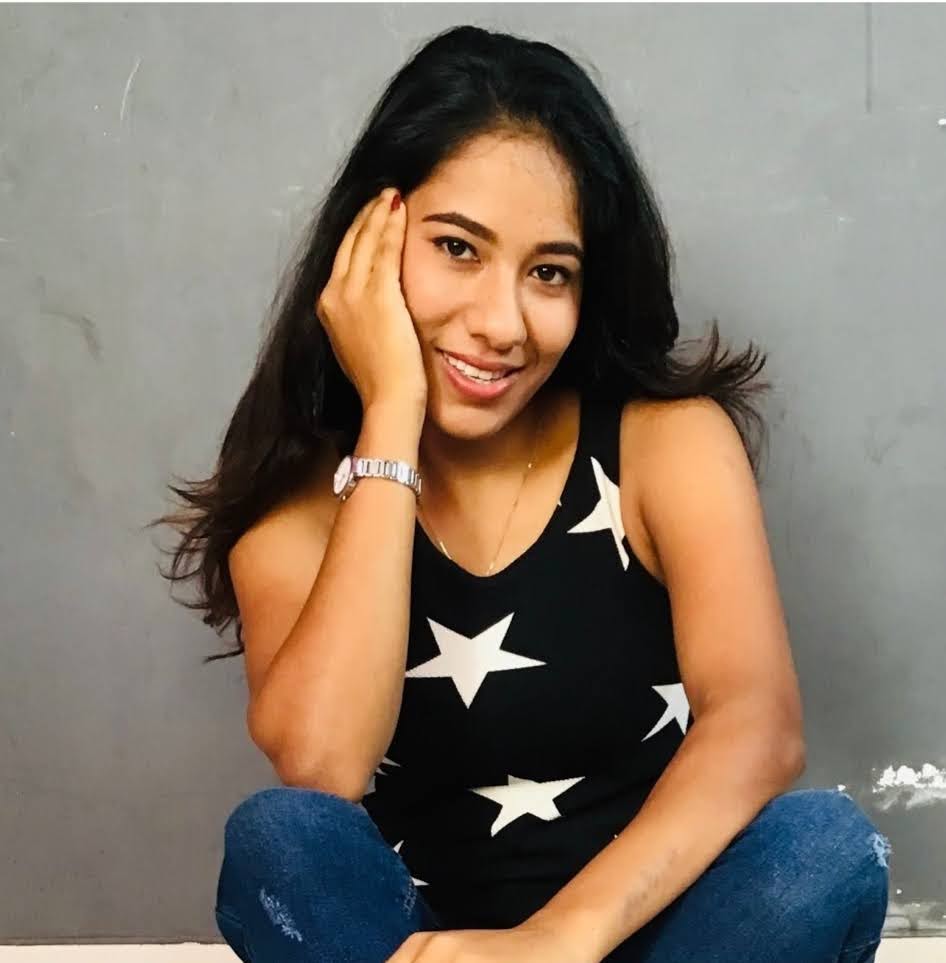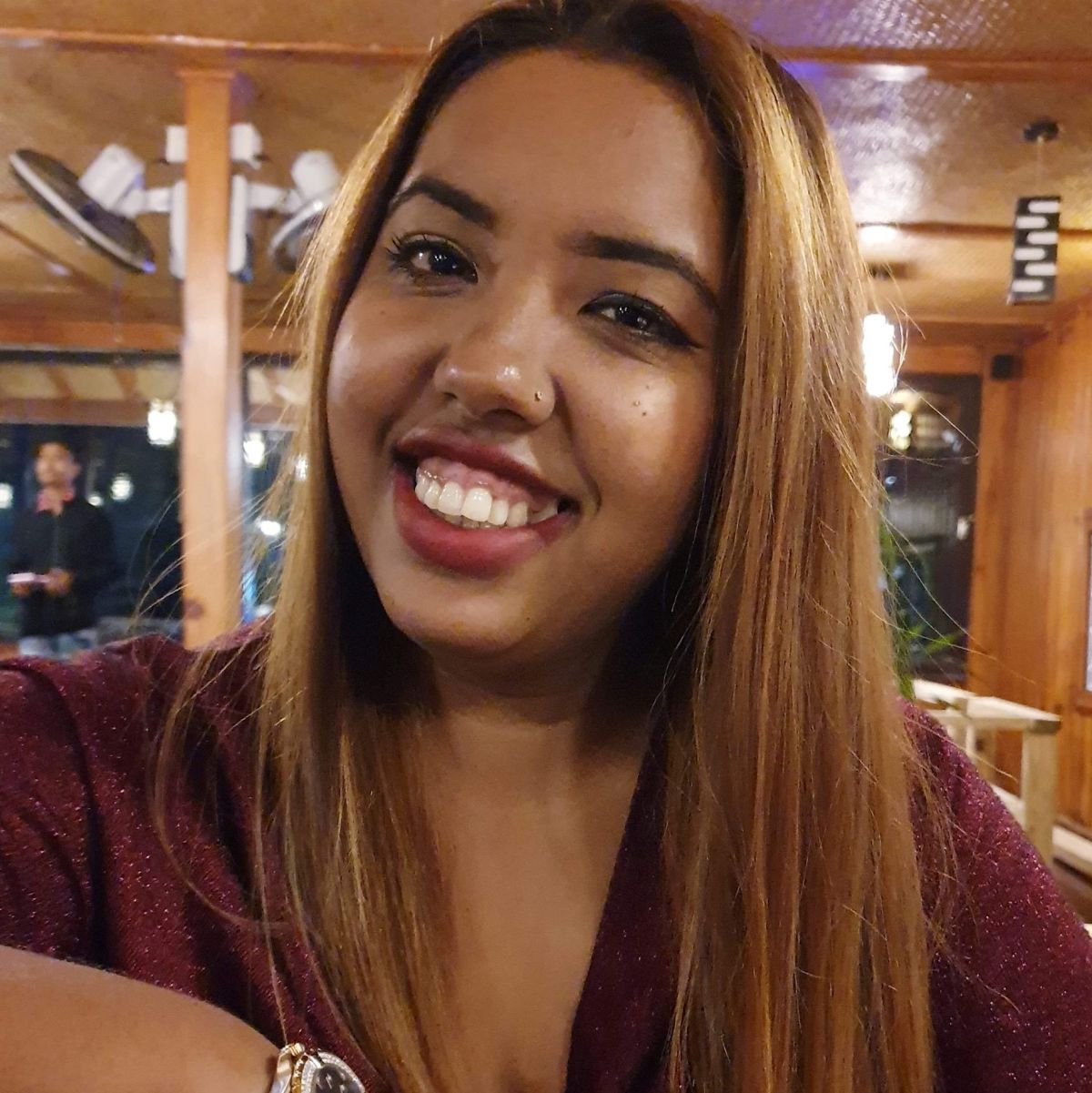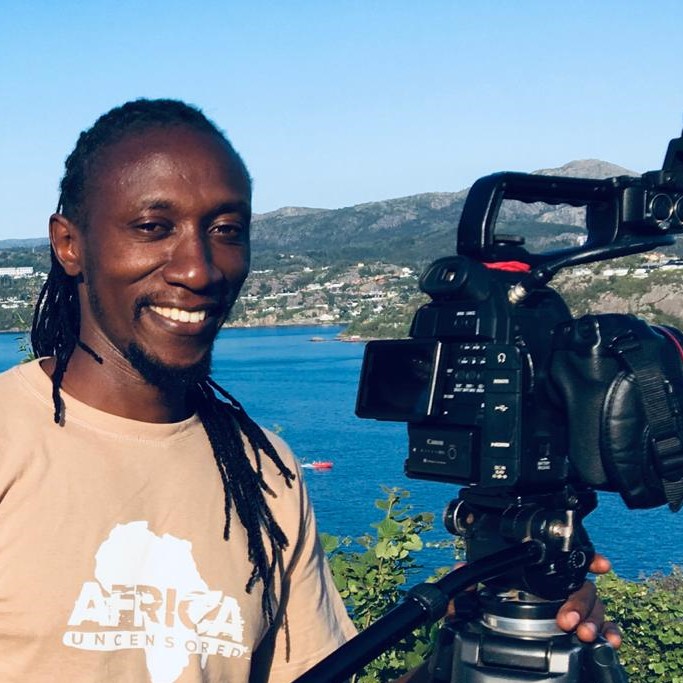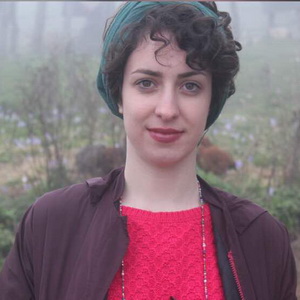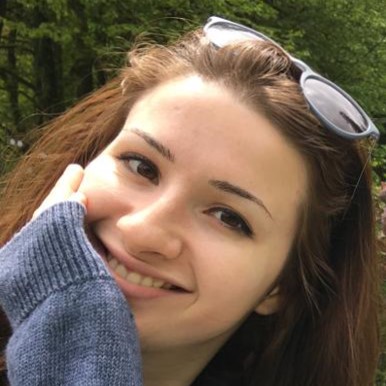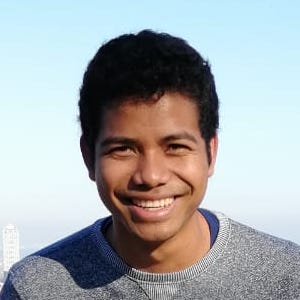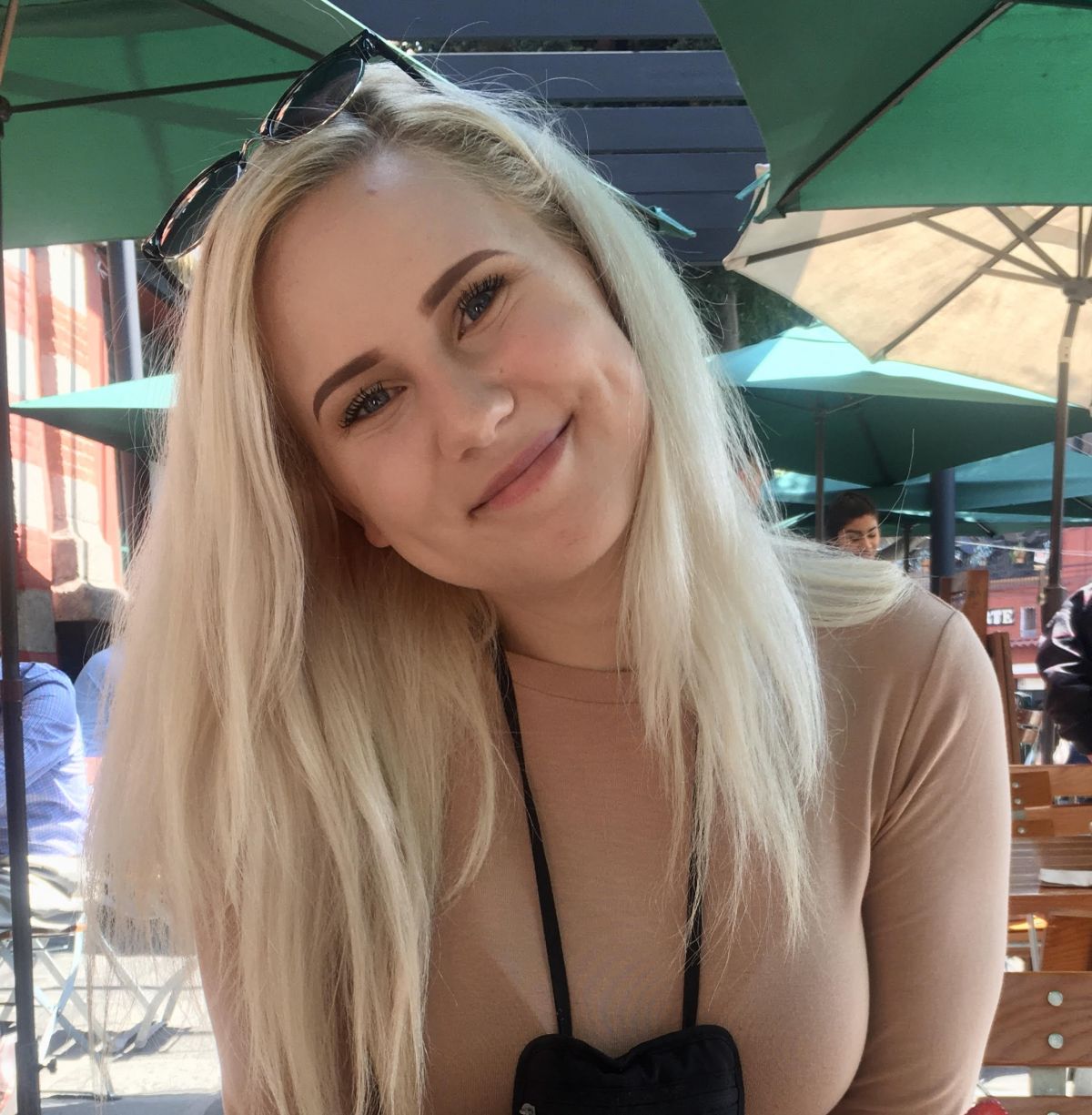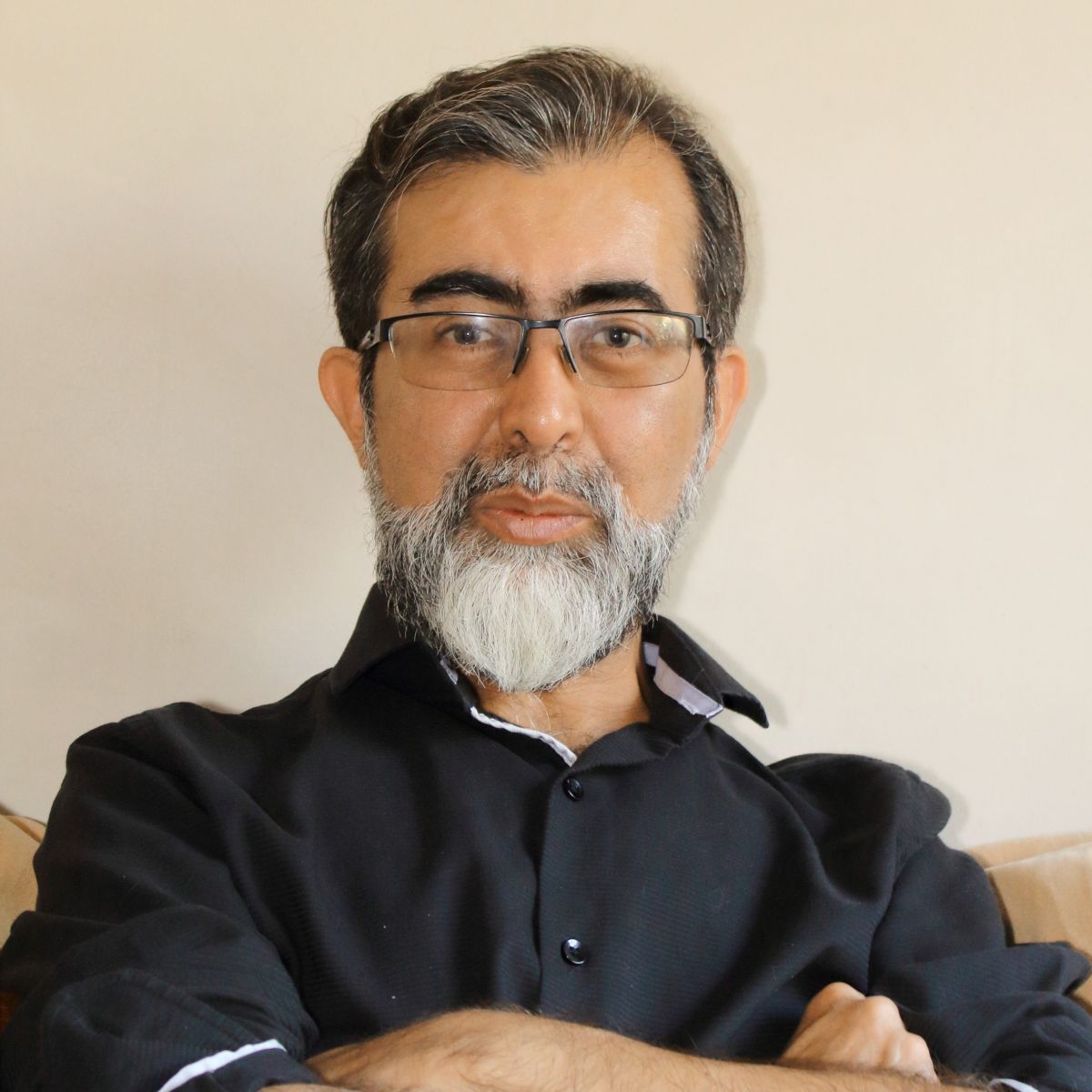Un’Aliena Proveniente Dallo Stesso Pianeta
Bisogna ricordare che, nel corso di tutti questi spostamenti, io sono rimasta la stessa persona. Ho il passaporto austriaco e sono per metà austriaca e per metà indonesiana: eppure in Indonesia ero forse un’espatriata, in Inghilterra un’immigrata e in Corea – una continua lotta per riuscire in qualche modo a inserirmi. È chiaro che il potere di definire chi sono non è nelle mie mani.
South Korea, Eastern Asia
Story by Veronica Burgstaller. Translated by Maria Grazia Calarco
Published on March 8, 2022.
This story is also available in 



Listen to this story:
I miei genitori mi ripetono sempre con orgoglio che quando sono nata avevo già il passaporto. In quanto viaggiatori che hanno trascorso tutta la loro vita spostandosi da un posto all’altro, per loro l’identità nazionale, o l’identità di appartenenza, è una questione cruciale a cui pensano spesso, probabilmente più di quanto lo facciano molte altre persone. E in effetti, a volte sembra che la nostra nazionalità sia più importante del nome che portiamo. Quando ci presentiamo a una nuova conoscenza, “Da dove vieni?” è molto spesso la prima domanda che ci viene rivolta. Di conseguenza, io non sono Veronica, sono - la mia nazionalità. Ma nel mio caso, è proprio lì che sta il problema.
Il concetto di nazionalità è comunemente associato a una casa, alla famiglia, alla propria vita. E allora come fare per descrivere una vita che è stata vissuta per la maggior parte spostandosi tra Paesi diversi? Significa forse che devo raccontare la storia di tutta la mia vita a chiunque incontri? Questo si collega anche a un’altra questione, e cioè: come definire le persone che sono nella mia stessa condizione? Espatriati, migranti, nomadi? Ma anche questi termini non siamo noi a definirli, ma descrivono piuttosto come veniamo visti da una società o da uno Stato.
Sono nata a Vienna, in Austria, e durante le scuole medie mi sono trasferita in Indonesia, dove automaticamente sono stata etichettata come la ricca “bule”, che nella lingua del posto significa “persona bianca”. In Indonesia ho sperimentato per la prima volta il trattamento privilegiato e il maggior potere che viene riconosciuto alle persone bianche in quanto tali. Quando mi sono trasferita dall’Indonesia all’Inghilterra, ho vissuto invece l’altra faccia della medaglia. Date le mie origini e il fatto che ero appena arrivata da una nazione considerata “meno sviluppata”, si pensava che fossi rimasta indietro con la mia formazione scolastica. Per questo, io e mio fratello siamo stati assegnati a una classe di recupero, riservate agli studenti che fanno fatica a rimanere al passo con il programma scolastico regolare (ma si sono accorti ben presto che eravamo del tutto fuori posto in quelle classi).
In Corea, dove ho vissuto negli ultimi tre anni, posso dire che è vero che gli stranieri hanno più privilegi. Tuttavia, si tratta di privilegi nati dall’esclusione. Si viene esclusi dall’ambiente lavorativo abbastanza duro a cui i coreani sono sottoposti, dalla distinzione netta tra vecchi e giovani, superiori e subordinati, genitori e figli. La parola in lingua coreana per indicare uno straniero è 외국인 (oe-kuk-in), che impiega i caratteri cinesi 外國人 e significa letteralmente “persona al di fuori della nazione/paese”. Il termine per indicare un alieno (외계인, oe-kye-in) ha un suono simile, l’unica differenza è che il carattere usato per indicare la “nazione” è sostituito da quello che indica il “mondo”. Per questo, spesso scherzo con i miei amici coreani dicendo che sono un’aliena. Ma loro mi guardano con espressioni serie e rispondono: “Non sei un aliena, la parola corretta è straniera”, pensando che io non abbia ancora imparato a pronunciare bene le parole durante le mie lezioni di lingua coreana. Ma forse questa battuta non è poi così divertente, perché in Corea a ogni straniero regolare viene rilasciata un’”alien registration card” (“carta di registrazione per stranieri”). Quindi, in effetti, siamo ufficialmente degli alieni.
Tuttavia, ho l’impressione che la condizione sociale, il lavoro, il reddito, la formazione scolastica e persino il quartiere in cui si vive, stiano diventando sempre più importanti in Corea, parallelamente alla progressiva trasformazione della nazione in una società capitalistica. Da questo punto di vista, tutti i cittadini e gli stranieri sono discriminati ugualmente in Corea.
Bisogna ricordare che, nel corso di tutti questi spostamenti, io sono rimasta la stessa persona. Ho il passaporto austriaco e sono per metà austriaca e per metà indonesiana: eppure in Indonesia ero forse un’espatriata, in Inghilterra un’immigrata, in Corea - una continua lotta per riuscire in qualche modo a inserirmi. È chiaro che il potere di definire chi sono non è nelle mie mani. Forse questo significa che posso autodefinirmi solo utilizzando delle metafore: una viaggiatrice magari, o una nomade, o un’aliena.
Nota aggiuntiva: Dopo aver utilizzato la parola “alieno” per 56 anni nelle Carte di Registrazione per Stranieri, a giugno 2020 il governo coreano ha deciso di abbandonare l’uso di questa parola.
How does this story make you feel?
Follow-up
Do you have any questions after reading this story? Do you want to follow-up on what you've just read? Get in touch with our team to learn more! Send an email to [email protected].
Talk about this Story
Please enable cookies to view the comments powered by Disqus.
Subscribe to our Monthly Newsletter
Stay up to date with new stories on Correspondents of the World by subscribing to our monthly newsletter:
Other Stories in Italiano
Explore other Topics
Get involved
At Correspondents of the World, we want to contribute to a better understanding of one another in a world that seems to get smaller by the day - but somehow neglects to bring people closer together as well. We think that one of the most frequent reasons for misunderstanding and unnecessarily heated debates is that we don't really understand how each of us is affected differently by global issues.
Our aim is to change that with every personal story we share.
Community Worldwide
Correspondents of the World is not just this website, but also a great community of people from all over the world. While face-to-face meetings are difficult at the moment, our Facebook Community Group is THE place to be to meet other people invested in Correspondents of the World. We are currently running a series of online-tea talks to get to know each other better.











